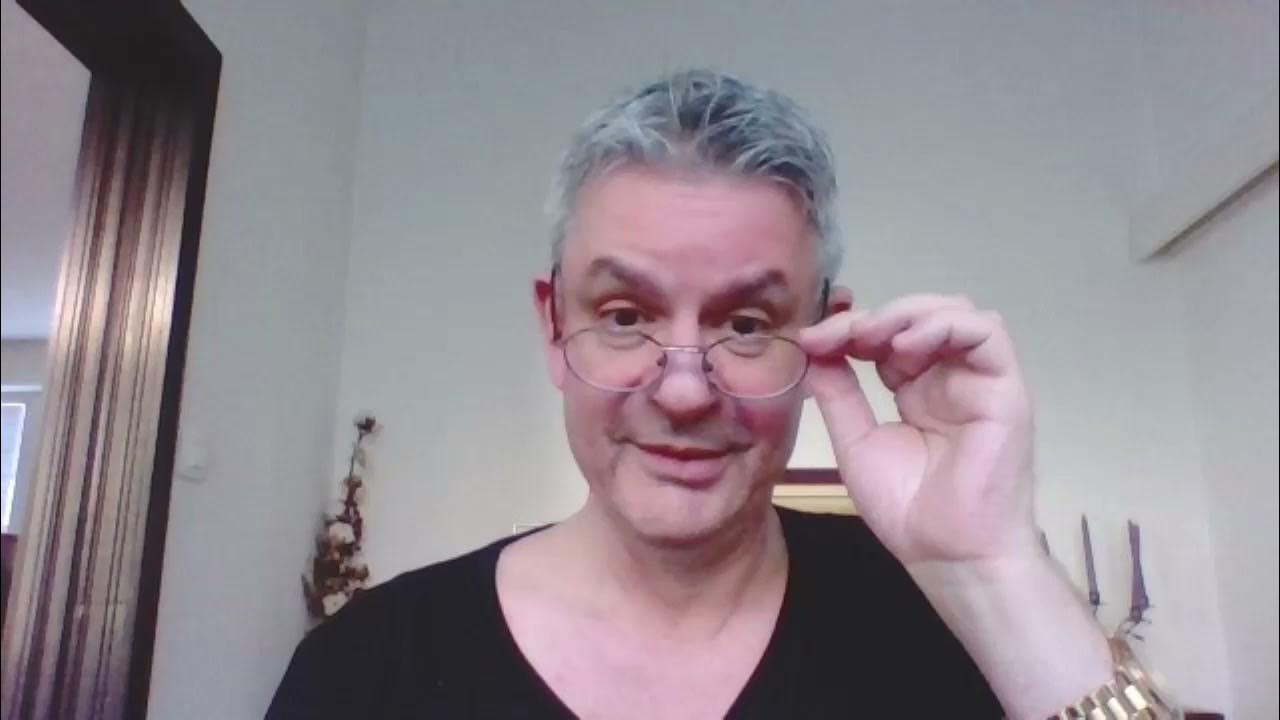What Freud Didn’t Understand About the Mind | Sadhguru
Summary
TLDRIn this thought-provoking discussion, Sadhguru critiques traditional psychology, particularly the theories of Freud and Jung, arguing that their focus on 'sick' individuals limits the understanding of human potential. He posits that most dreams reflect unfulfilled desires, serving as a temporary escape rather than meaningful insights. By enhancing awareness through meditation, one can diminish the influence of dreams and experience a deeper state of being. Sadhguru encourages skepticism towards dream interpretation, advocating for a life engaged in reality rather than one consumed by the imagination, ultimately presenting a pathway to greater fulfillment and understanding of existence.
Takeaways
- 😀 Sadhguru argues that traditional psychology, particularly Freud's theories, focus too heavily on sick individuals and ignore broader human potential.
- 😀 Dreams are often manifestations of unfulfilled desires, helping individuals cope with their experiences while asleep.
- 😀 The importance of meditation is emphasized as a means to transcend the need for dreams, leading to a more profound state of awareness.
- 😀 Sadhguru suggests that psychologists' conclusions about humanity are limited and do not encompass the full spectrum of human experiences.
- 😀 He critiques the belief that dreams hold significant meaning, advocating for a skeptical approach to dream interpretation.
- 😀 Cinema and other forms of entertainment serve as modern 'dream machines,' allowing people to live out experiences vicariously without real-life consequences.
- 😀 There are four types of dreams, with 90% being related to personal desires and frustrations.
- 😀 Sadhguru highlights that unchecked imagination can lead to false beliefs and confusion about spiritual connections and past lives.
- 😀 He suggests that a heightened awareness and meditative state can render the usual concerns about dreams irrelevant.
- 😀 The potential for achieving true awareness and transcendence is accessible to everyone, not just those who dedicate their lives to spiritual practices.
Q & A
What does Sadhguru suggest about the nature of dreams?
-Sadhguru posits that 90% of dreams are simply unfulfilled desires that find expression during sleep, serving to satisfy desires that individuals cannot fulfill in their waking life.
How does Sadhguru view traditional psychology's approach to dreams?
-He criticizes traditional psychologists like Freud and Jung for focusing primarily on sick individuals, arguing that this narrow perspective leads to incomplete conclusions about humanity and overlooks the potential for higher states of consciousness.
What is the significance of dreams according to Sadhguru?
-Dreams serve as a means for individuals to experience life without real-world consequences, allowing them to engage in activities and emotions, such as love and conflict, safely and risk-free.
What does Sadhguru mean by stating that if you become meditative, dreams will disappear?
-He implies that achieving a higher level of awareness through meditation can lead to a state of consciousness where the mind is not preoccupied with dreams, allowing individuals to live fully in the present.
What is the 'dream machine' Sadhguru refers to?
-The 'dream machine' refers to cinema and television, which provide an escape where people can experience fantasies and narratives without any real-life engagement or risks.
How does Sadhguru's perspective on dreams differ from Freud's?
-Freud considered dreams essential for uncovering repressed thoughts and desires, whereas Sadhguru views them as mere projections of unfulfilled desires and distractions from living fully in reality.
What advice does Sadhguru give regarding interpreting dreams?
-He advises skepticism toward dream interpretation, suggesting that trying to read meanings into dreams can lead to uncontrolled imagination and distraction, whereas significant experiences will manifest more powerfully in waking life.
Why does Sadhguru believe Freud's conclusions about humanity are limited?
-Sadhguru argues that Freud's focus on abnormal psychology fails to consider the potential for human beings to achieve higher states of consciousness, which would alter the understanding of what it means to be human.
What was Freud's personal fear that Sadhguru mentions?
-Sadhguru notes that Freud was terrified of death and had a desire to see the Egyptian pyramids, yet he never found the courage to go there, highlighting a paradox between his studies on the mind and his personal fears.
How does Sadhguru define the relationship between dreams and human experience?
-He defines dreams as an aspect of human experience that can satisfy desires but ultimately distract from living fully, advocating for awareness and meditation as means to transcend this reliance on dreams.
Outlines

Esta sección está disponible solo para usuarios con suscripción. Por favor, mejora tu plan para acceder a esta parte.
Mejorar ahoraMindmap

Esta sección está disponible solo para usuarios con suscripción. Por favor, mejora tu plan para acceder a esta parte.
Mejorar ahoraKeywords

Esta sección está disponible solo para usuarios con suscripción. Por favor, mejora tu plan para acceder a esta parte.
Mejorar ahoraHighlights

Esta sección está disponible solo para usuarios con suscripción. Por favor, mejora tu plan para acceder a esta parte.
Mejorar ahoraTranscripts

Esta sección está disponible solo para usuarios con suscripción. Por favor, mejora tu plan para acceder a esta parte.
Mejorar ahoraVer Más Videos Relacionados

Is Addiction Healthy? Are We Getting It ALL WRONG?

Apa Itu Kepribadian dan Bagaimana Kepribadian Terbentuk? - [Belajar Psikologi]

Were We Really Created by God? - Sadhguru

Psikologi Komunikasi - Overview 2

Why Are Women So Dangerous in Psychology ?

perkembangan emosional anak usia 0-12 tahun (kelompok 3)
5.0 / 5 (0 votes)
